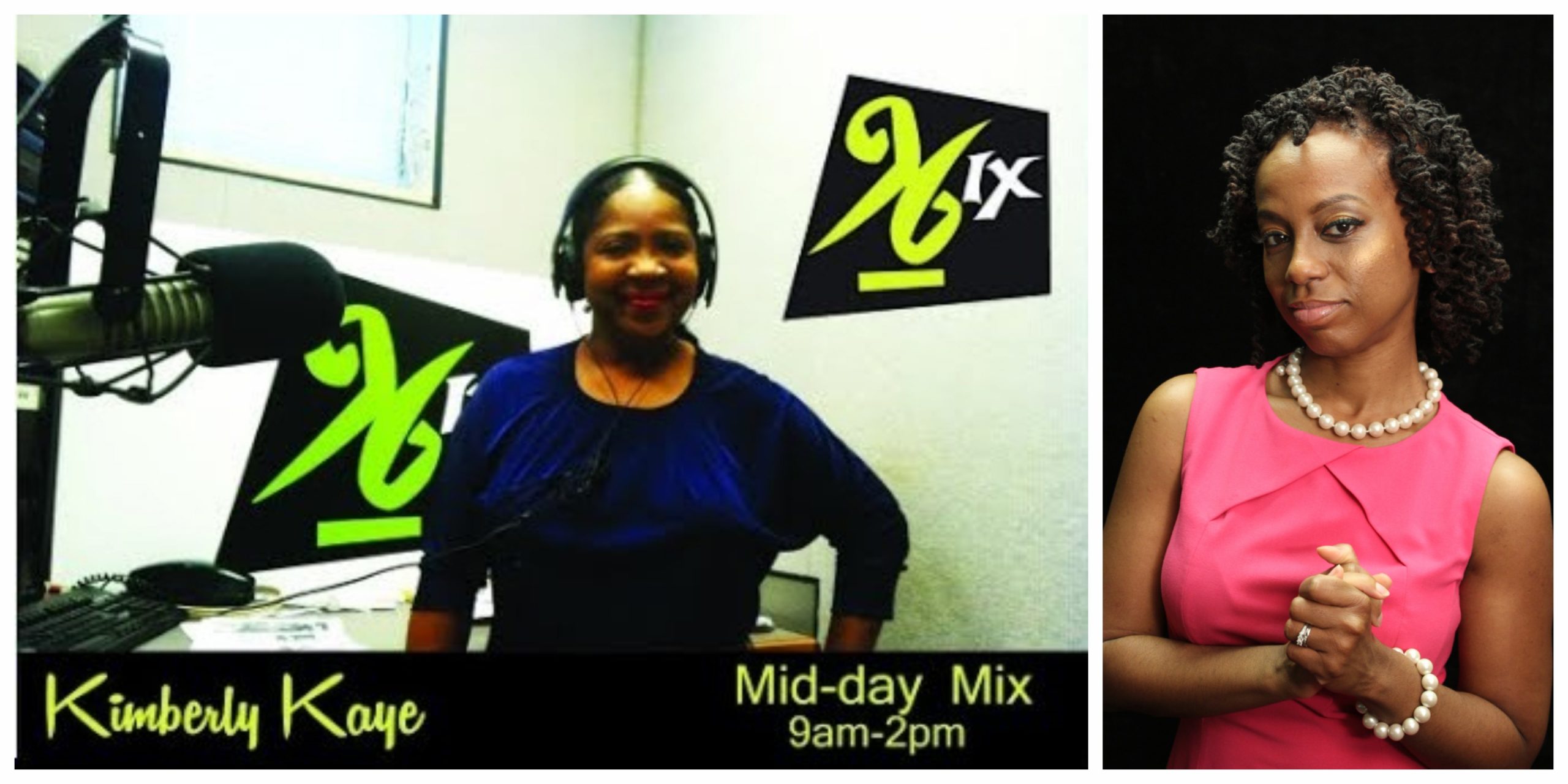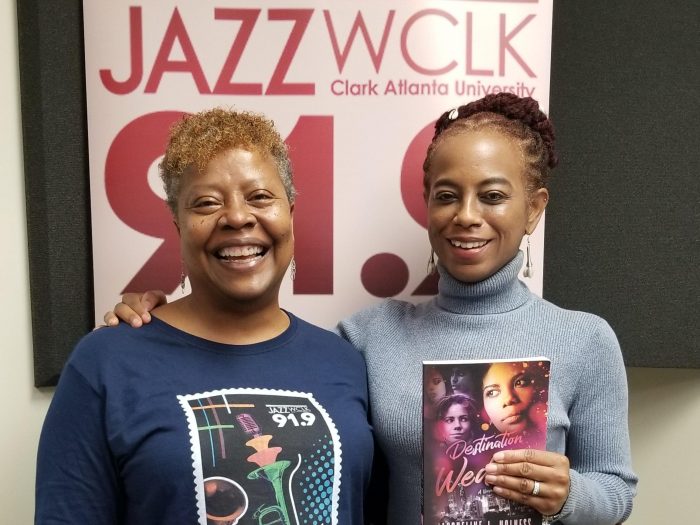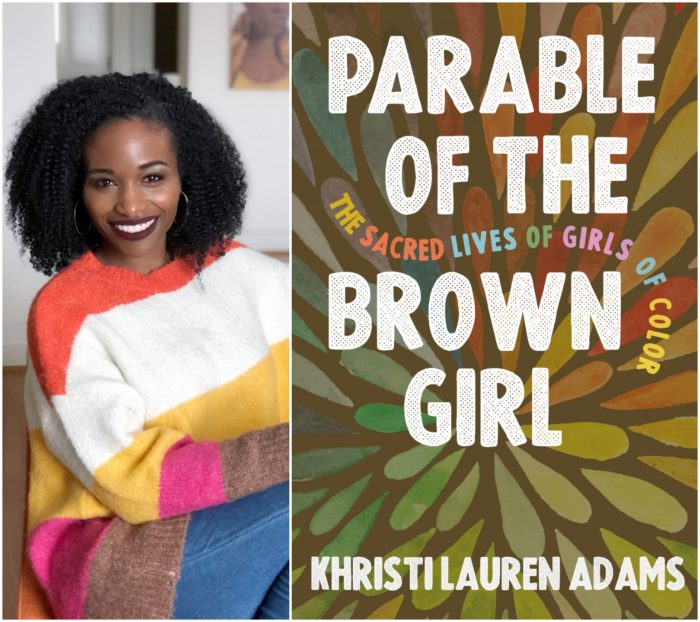
Hello World,
As I said, Destination Wedding is on the move! Kimberly Kaye, host of “Mid-day Mix” on WFKX 96Kix in Jackson, Tennessee interviewed me on her show!
Listen to the interview below!
Any thoughts?

Hello World,
Happy Valentine’s Day! In promoting Destination Wedding, I’ve been on the move lately! One of my stops was “The Local Take” with host Kiplyn Primus on Jazz WCLK 91.9 in Atlanta on the campus of Clark Atlanta University! Below is a snippet of what we discussed…
This week on “The Local Take” I speak with Jacqueline Holness about her first novel Destination Wedding. After all February is the month for love. Ms. Holness speaks to how her novel came into being after hearing a news report saying that African American women were unlikely to get married. She had just experienced a break-up and the news report was disheartening.
As she continued to think about the news report, the idea for her novel began to take shape. She shares that Atlanta is almost a character in the story. She wanted people familiar with the city to recognize landmarks and for people not familiar with the city to get a sense of her hometown.
To hear the interview, click on THIS LINK!
Any thoughts?

Hello World,
As you know, I.LOVE.BOOKS! And I’m a sucker for an intriguing title so when an email about an upcoming release Parable of the Brown Girl: The Sacred Lives of Girls of Color showed up in my inbox, I knew I had to share with you my dear After the Altar Call readers! And if you are intrigued, you can win a free copy of this timely book! Below is a synopsis followed by my Q&A with Kristin Lauren Adams, author and associate pastor at First Baptist Church of Lincoln Gardens, New Jersey. (My Greenleaf folk know I love a female pastor as well 🙂 )
The stories of girls of color are often overlooked, unseen, and ignored rather than valued and heard. In Parable of the Brown Girl (adult nonfiction), readers are introduced to the resilience, struggle, and hope held within these stories. Instead of relegating these young women of color to the margins, Adams brings their stories front and center where they belong.
By sharing encounters she’s had with girls of color that revealed profound cultural, historical and spiritual truths, Adams magnifies the struggles, dreams, wisdom, and dignity of these voices.Thought-provoking and inspirational, Parable of the Brown Girl is a powerful example of how God uses the narratives we most often ignore to teach us the most important lessons in life. It’s time to pay attention.
1. Where did you grow up and live now?
I grew up in East Brunswick, NJ. I have lived a few places; California, Washington, D.C, Virginia. Now I actually both live and work in Pottstown, PA at a boarding school called The Hill School. When I’m not at The Hill, I’m back in NJ with my family in East Brunswick. So, I like to say I live in both places; East Brunswick and Pottstown.
2. What is your education/career background?
I went to Temple University for my undergrad. There I majored in Advertising because I had big hopes of becoming an advertising exec and working on Wall Street. While I was there, I explored my faith much more and got involved in campus ministry. I decided I wanted to go into ministry during that time. I went to work as a youth specialist for my church’s Community Development Corporation for 2 years after college and then applied to seminary. I only applied to one seminary, which was Princeton Seminary where I wound up going.
I obtained a Master of Divinity from there and upon graduating went back to my church (First Baptist Church of Lincoln Gardens), but this time to serve as a Youth Pastor. I stayed there 3 years and then moved to Southern California and accepted a position at Azusa Pacific University as an Associate Campus Pastor for Preaching and Spiritual Programming.
After 4 years there I moved back to the East Coast and took a position at Georgetown University as a Chaplain in Residence and an Interim Protestant Chaplain at Georgetown Law Center. I loved DC, but eventually moved back to NJ to help out at my home church as an Associate Pastor for a few years and then wound up getting the position I’m currently in as Firestone Endowment Chaplain and Instructor of Religious Studies at The Hill School. I recently got into a Masters in Clinical Counseling program with Capella University that I plan to start in the Spring. I think it makes sense that I get a second Masters and look towards becoming a licensed clinician, particularly since a great deal of my work is in the emotional and spiritual health of youth and young adults.
3. When did you first realize you wanted to be a writer? Or what first inspired you to write?
I used to enjoy writing plays and poetry when I was in college. I enjoyed seeing writing come to life on stage. I never thought about writing books until my Pastor (Buster Soaries) wrote his first book and one day said to me in casual conversation, “You know you should write a book.” I remember telling him that I didn’t have anything to write about and didn’t feel like I was an expert in anything. He said, “You write about what you know.” That stuck with me. At the time I didn’t think I knew anything, but I realized that I know what I know from my own experiences. It wasn’t long after that conversation that I wrote my first book.
4. What inspired your book?
My inspiration is the dedication to my book: “For all the black girls who courageously shared their story, their wisdom and their truths with me. Society may put you on the margins, but you are at the center of God’s heart.” The book is written for the black girls who have been unable to give voice to their lived experiences. I say this because I have had many conversations and crossed paths with many black girls who have so much to offer the world, but the world refuses to listen to or see them. I promised myself that if I were ever given the platform, I would place these girls at the center.
5. What was one of the most surprising things you learned in creating your book?
I was amazed by how consistent many of their struggles are with the stories I have heard from other black girls and women inter-generationally. I recognize their struggles and experiences in my own life. As I walked through the Smithsonian African-American History Museum and read about the lives of other black women and girls dating back to the 1500s, the cultural similarities were astonishing. Young black women in contemporary society are confronted with similar issues as many of those who have come before them.
6. What do you like to do when you are not writing?
I love to spend time with family and friends and playing with my dog, Daisy. I used to love training for and running half-marathons. I haven’t had a chance to train since I started working at The Hill School, but I’d love to get back into that at some point. Right now, I work out at a gym called Corefit and I like to do strength training a few times a week there.
7. Do you have a bucket list? What are some of the things on it?
I want to eat pizza in Italy. I’d like to go back to West Africa. I want to meet Oprah. I want to go to Essence Music Fest. I want to be a guest on Black Girls Rock. That about sums it up 🙂
Khristi Lauren Adams is the Firestone Endowment Chaplain, instructor of religious studies and philosophy, and co-director of Diversity at the Hill School in Pottstown, PA. Previously, she worked as Interim Protestant Chaplain at Georgetown University Law Center & Georgetown University, Associate Campus Pastor for Preaching & Spiritual Programming at Azusa Pacific University, and former Director of Youth Ministries at First Baptist Church of Lincoln Gardens in Somerset, NJ. Khristi is also the Founder & Director of “The Becoming Conference” that began summer 2017, which is an annual conference designed to empower, educate & inspire girls ages of 13-18.
Khristi is a graduate of Temple University with a degree in Advertising and a graduate of Princeton Theological Seminary where she obtained a Master of Divinity. Khristi is also currently an Associate Pastor at First Baptist Church of Lincoln Gardens. Her ministry and youth advocacy have been featured on CNN and her work has appeared in Huffington Post, Off the Page, and the Junia Project. When not in residence at The Hill School, she lives in East Brunswick, New Jersey.
For more information about Kristi, go to khristilaurenadams.com.
The first person to comment on this blog post will receive a free copy of Parable of the Brown Girl! Once you comment, I will comment and ask you to email your contact information to me!
Any thoughts?